An app that makes cities accessible to all, removing architectural barriers and promoting social inclusion, thanks to technology. Download WeGlad and contribute!
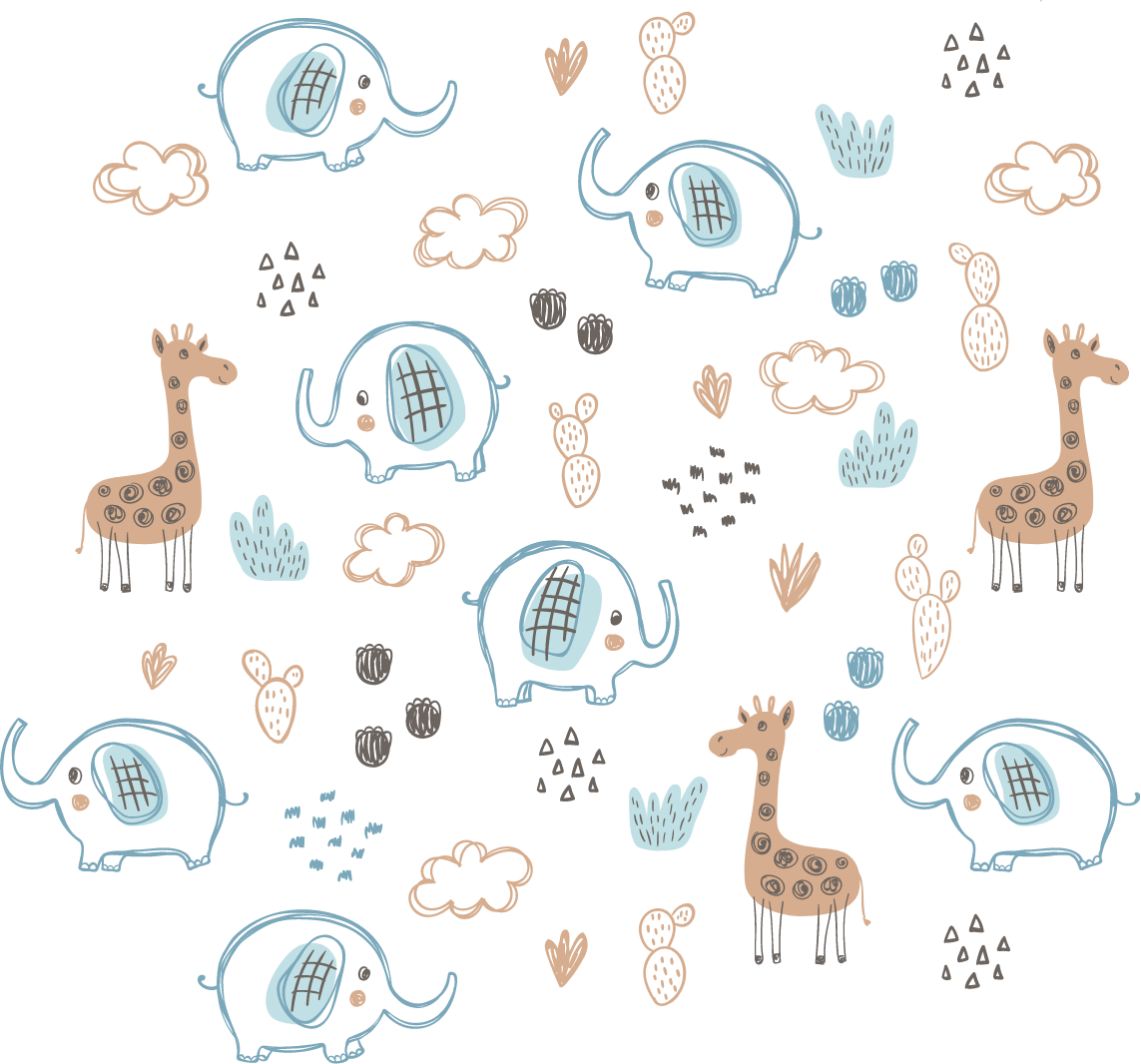


Crying is a newborn baby's main communication method: a way to express their needs or discomfort, or simply ask for comfort and human contact.
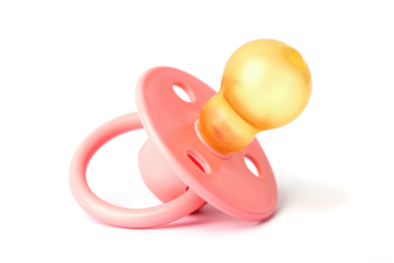
But what if it were much more than that?
For Charles Onu, founder of Ubenwa, the sound of crying is a vital parameter as important as heart rate, blood pressure and temperature.
Ubenwa, which means "baby's cry" in Igbo (the Nigerian dialect from the founder's home region), is the name of the first start-up able to quickly identify the neurological and respiratory conditions of newborns in a non-invasive way, through the sound of their cries. This technology, which uses artificial intelligence, can be added to various healthcare devices, including baby monitors and hospital equipment, to allow constant, accurate monitoring of the health of newborn babies.
In a world where healthcare is often inaccessible, such as in developing countries, having a tool like this available could be a real revolution.
We interviewed Charles Onu, the founder of Ubenwa, to understand how this technology works.
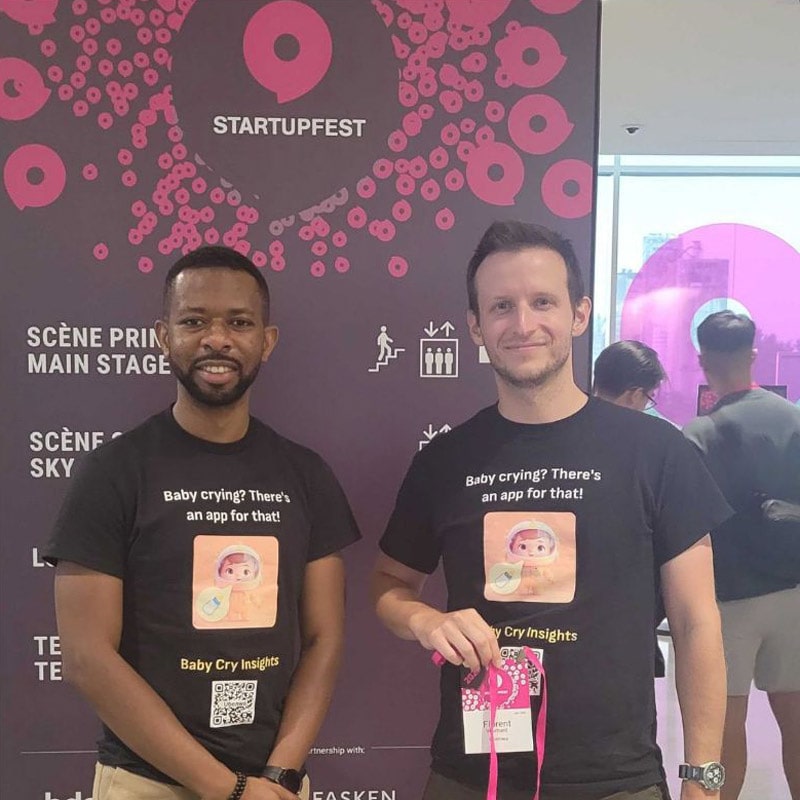
What were the motivations that led you to develop Ubenwa?
"The World Health Organisation estimated that in 2020, around 2.4 million premature newborns died because of complications connected to the intrapartum period, due to asphyxia or inability to breathe, infections or birth defects.
A large proportion of this number are in developing countries, where qualified medical assistance during birth is limited or entirely nonexistent.
Automatic analysis of crying opens the door to an easy-to-use screening process that is completely non-invasive, requiring no contact. We believe that our technology will have a big impact, allowing screening to take place where it currently doesn't exist - in the hospital, but also at a distance and at home, when it is used on simple devices such as smartphones.
The benefits of our technology for neurological monitoring are also functional in well-equipped neonatal units, where the integration of our software into monitors and incubators would limit the need to frequently expose newborns to the risk of procedures that can be physically demanding.”
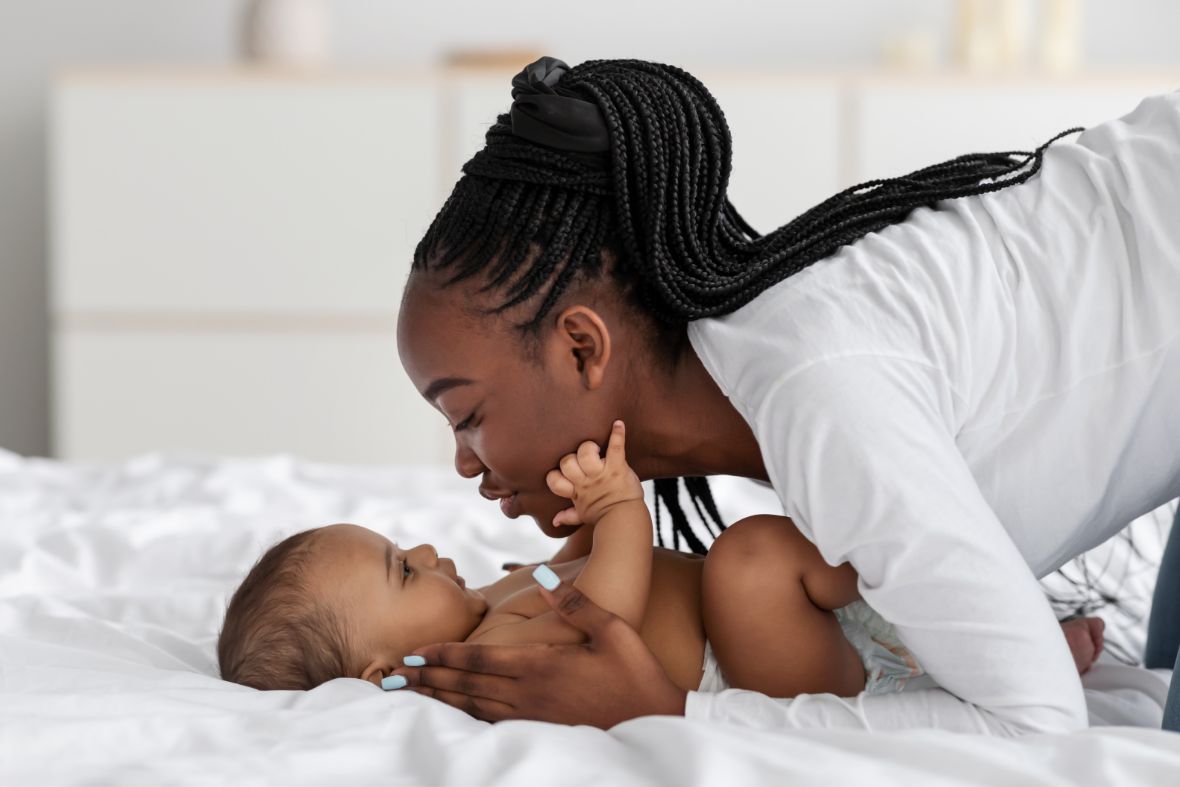
What are the conditions that Ubenwa's software is able to identify in newborns?
“Our artificial intelligence models have been trained to detect hypoxic ischemic encephalopathy (HIE), a type of brain damage that occurs when the brain doesn't receive enough oxygen or blood flow for a certain amount of time.
Looking to the future, we are actively working to expand our clinical studies to other medical conditions, such as congenital heart disease, meningitis, jaundice, etc.
We are also looking for partnerships with hospitals and producers of medical devices to test our pioneering technology in neonatal wards and neonatal intensive care units.”
How exactly does diagnosis through the sound of crying work?
“As well as developing predictive models, we have researched the key audio characteristics of newborn cries, identified as "acoustic biomarkers". These biomarkers measure the physiological parameters in the newborn's body and are directly extracted from the sounds of the crying using our signal processing algorithms.
The goal is to use these characteristics of cries along with our predictive models, facilitating better interpretability and more effective clinical decisions for doctors.”
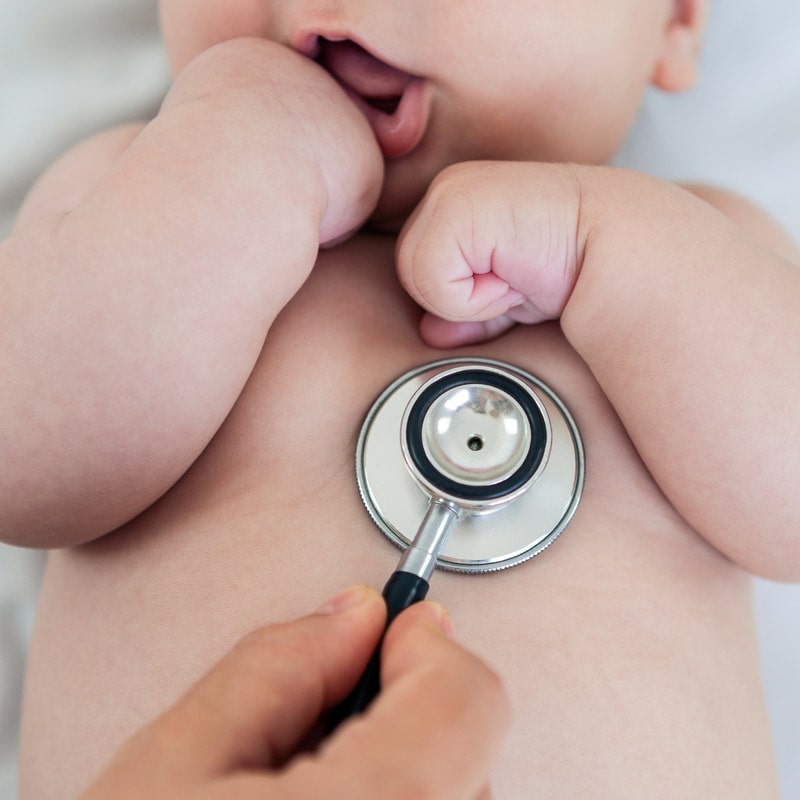
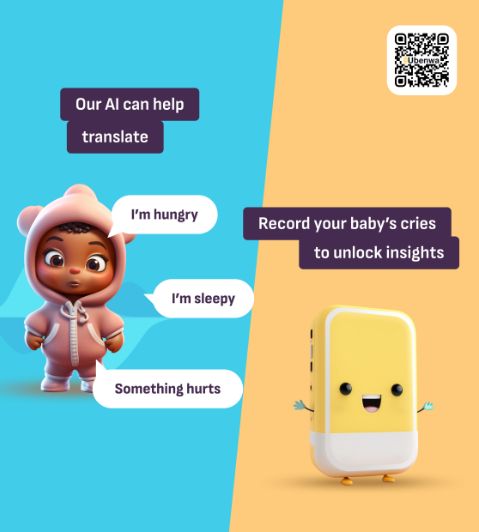
What are you planning for the future?
“Ubenwa has recently launched Nanni AI, a mobile app for parents, as a first step towards our vision for remote monitoring without direct contact with newborns. The BCI app (available on Apple and Android) helps new parents to understand why their newborn is crying and provide practical advice. You can think of it as a sort of Shazam for newborn cries!
It also monitors the acoustic markers in the cry to inform them of possible anomalies. Since the launch, our user base has grown rapidly and organically to over 18,000 downloads in 170 countries.
We are sure that with our methodology, millions of lives can be saved every year.”
Images Credits:
© Ubenwa
An app that makes cities accessible to all, removing architectural barriers and promoting social inclusion, thanks to technology. Download WeGlad and contribute!
Fashion and technology connected to drive innovation and promote sustainability. The metaverse offers many opportunities, but also poses many challenges.
